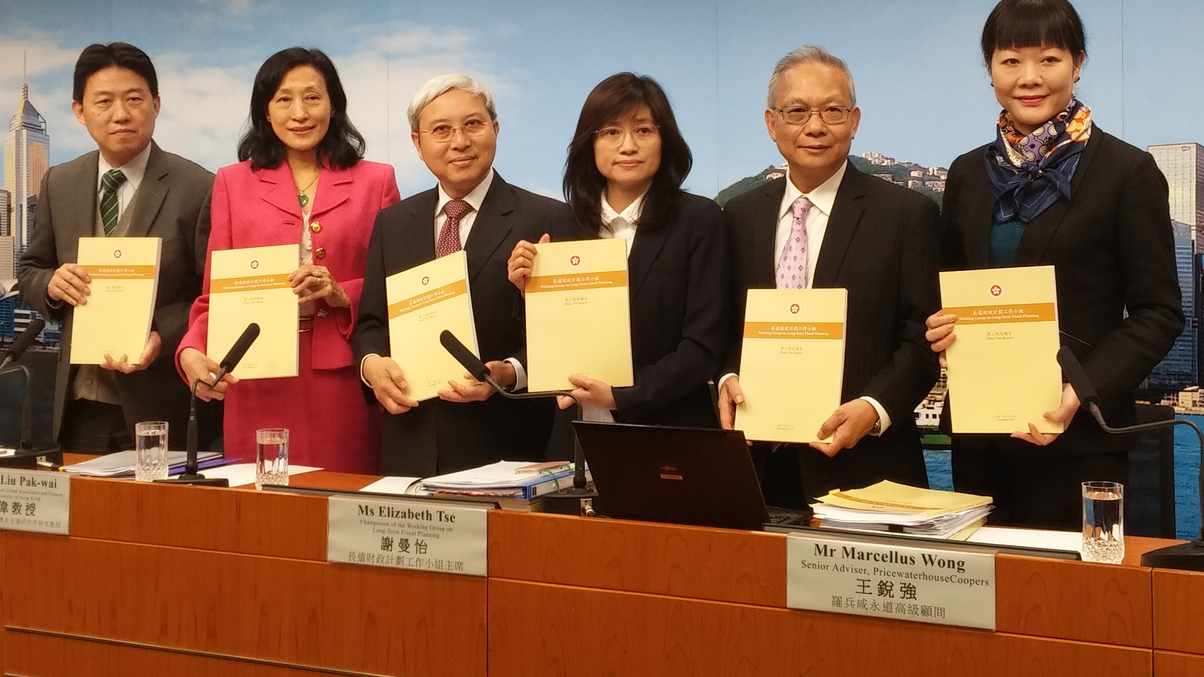HK maps out aggressive HK$200bn Future Fund
A government committee has recommended that Hong Kong's land fund be used to create a sovereign cash pool to be managed by HKMA with a focus on private equity and real estate.

Hong Kong’s proposed Future Fund should allocate around half of its assets to alternative investments, a government-appointed committee recommended yesterday.
Sign in to read on!
Registered users get 2 free articles in 30 days.
Subscribers have full unlimited access to AsianInvestor
Not signed up? New users get 2 free articles per month, plus a 7-day unlimited free trial.
¬ Haymarket Media Limited. All rights reserved.


